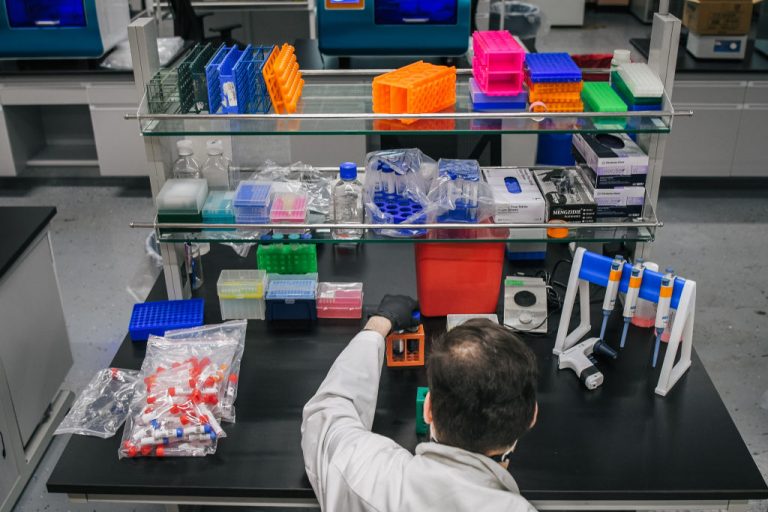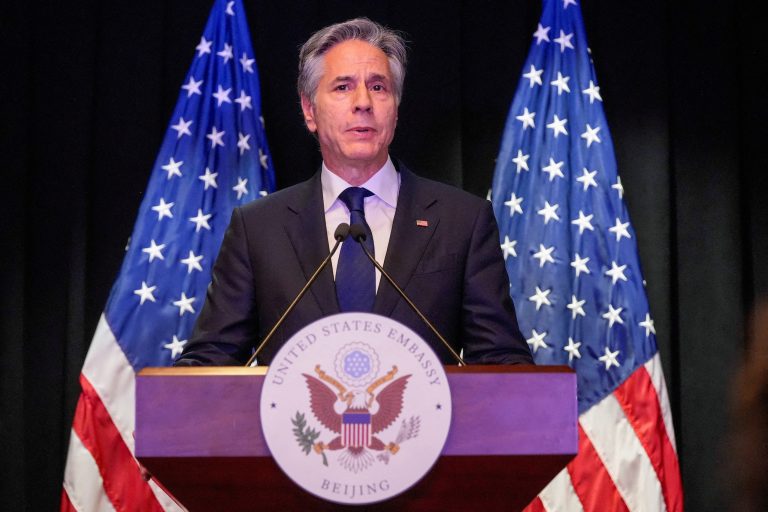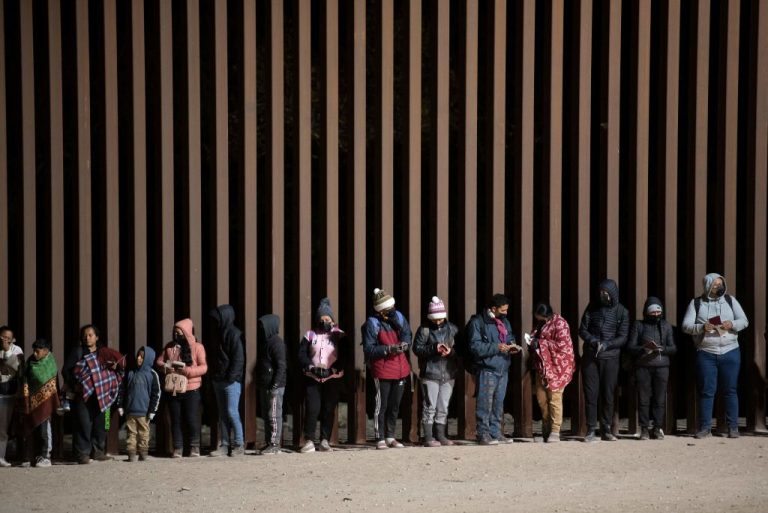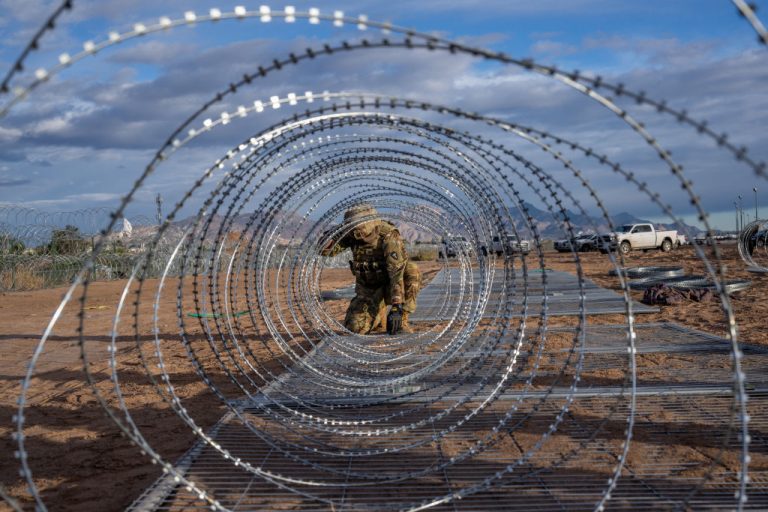The COVID-19 pandemic is now displaying a regional divergence in its rate of spread in the United States. While infections in southern states are declining, the number of cases being reported in northern states are rising.
In the southern state of Mississippi, one of the worst affected in the country, the number of cases fell by around 87 percent between Aug. 19 and Oct. 7. The rate of hospitalization during this period declined from 1,667 to 403. Other southern states like Florida, Texas, Alabama, Georgia, and Arkansas have also seen a reduction in COVID-19 cases. However, this is not true for the north.
In North Dakota, the number of active cases has risen by more than 30 times between July 5 and Oct. 7, with hospitalizations rising by over 19 times. In Vermont, infections went up from one case on July 5 to 286 on Oct. 1. Experts believe that this is an emerging pattern of the COVID-19 virus. Last year, cases in the southern states had dropped around this time while the number of infections in the northern and upper Midwest regions climbed.
In an interview with The Epoch Times, Danyelle McNeill, public information officer for the Arkansas Department of Health, said that the fall in infection numbers “is likely due to a decrease in spread of the Delta variant due to a combination of an increasing proportion of the population that is vaccinated and an increasing proportion of the population that has gained temporary immunity because they have been infected and survived COVID-19.”
Nationally, the daily rate of infections, hospitalizations, and deaths is falling. Data from John Hopkins University shows that the daily average number of infections declined by over 15,000 last week. Deaths have fallen by 200 per day. Speaking to CNN, Dr. Scott Gottlieb, former director of the US Food and Drug Administration, credited this improvement in COVID-19 numbers to southern states that are coming out of an infection surge.
Success
You are now signed up for our newsletter
Success
Check your email to complete sign up
Despite southern states showing better recovery than the north, some have criticized these states for their low vaccination rates. Less than a third of eligible adolescents in states like Tennessee, South Carolina, Georgia, Louisiana, Alabama, and Mississippi are fully vaccinated.
However, the idea that vaccinations alone are key to mitigating the pandemic is something that is being seriously challenged of late. A recent study found that widely vaccinated nations like Portugal and Iceland have higher rates of new COVID-19 infections than countries like Vietnam and South Africa that have a low proportion of people fully vaccinated.
“At the country-level, there appears to be no discernible relationship between percentage of population fully vaccinated and new COVID-19 cases in the last 7 days… In fact, the trend line suggests a marginally positive association such that countries with higher percentage of population fully vaccinated have higher COVID-19 cases per 1 million people,” the study states.
Some are also critical of the Biden administration’s excessive focus on vaccination, dismissing the protection provided by natural immunity. In a recent interview with The Donlon Report, immunologist and public health advocate Dr. Hooman Noorchashm, pointed out that a hundred million Americans are already immune to COVID-19 and even better protected from reinfection. However, Washington ignores this fact and is insisting on a “one-size-fits-all” vaccination.
“I think there’s a large number of folks who are vaccine-hesitant or are on the fence about the vaccine who are COVID recovered … if I just had a whopping case of COVID, why should I go get this vaccine that has a certain incidence of complications?” Noorchashm said.
















